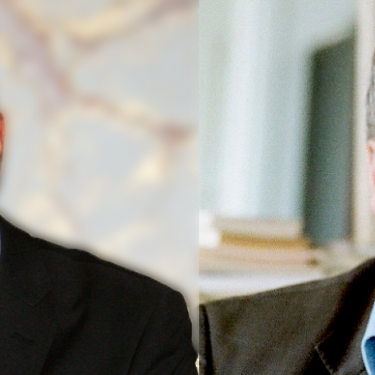RSF’s press freedom appeal to Tunisia’s presidential candidates

By Christophe Deloire, RSF secretary-general, and Souhaieb Khayati, director of RSF’s Tunis bureau
There can be no real democracy without free and transparent elections. The second presidential election since Tunisia’s revolution marks a new stage in the consolidation of its democracy. But the future of our freedoms cannot be guaranteed without journalistic freedom, independence and diversity. In just a few days, Reporters Without Borders (RSFO) has managed to persuade 13 candidates to sign a pledge to protect and strengthen the public’s basic right to be informed.
Freedom of expression was the most immediate achievement of the Tunisian revolution. Today, despite all the progress, Tunisian journalists are still having to demonstrate for editorial independence and against censorship. The freedom that was won has repeatedly been put to the test. But, despite intimidation, attacks on editorial independence and censorship attempts, Tunisia’s media and journalists have managed to resist and to evolve, and to continue play their role as a fourth estate and pillar of Tunisia’s nascent democracy.
Tunisia has gone from being ranked 164th in RSF’s World Press Freedom Index in 2011 to 72nd now. This evolution has included the slow pace with which Tunisia’s new media legislation has been drafted. But in eight years the foundations have been laid for the Tunisian media’s transformation into professional, free, autonomous and impartial entities. These achievements are the fruit of the determination of Tunisian journalists to liberate themselves and have received unflagging support from the media’s civil society partners, but they are nonetheless still threatened by the transition’s convulsions.
The route to press freedom in Tunisia has been plotted, but it must be protected and paved, a task that the future president must guarantee as guardian of the constitution. In Tunisia’s name, the late President Beji Caïd Essebsi undertook, along with 11 other heads of state and government at the Paris Peace Forum on 11 November, to support the Information and Democracy Initiative. These leaders gave a commitment based on the Declaration issued by the Information and Democracy Commission, which was created at RSF’s initiative. Published on 5 November 2018, the commission’s declaration proclaimed that the global online information and communication space should be regarded as a common good of humankind, one in which information freedom, diversity and integrity must be guaranteed.
RSF addressed an appeal to the main presidential candidates to give a six-point undertaking to respect journalistic freedom, independence and diversity on the basis of the Tunisian constitution and Tunisia’s international obligations as regards the freedom to inform.
The candidates who gave this pledge all affirmed their desire to continuing supporting the information and democracy political process. It will be up to the future president to propose legislative initiatives designed to protect journalists and the independence of the media’s regulatory bodies, while backing civil society’s work in support of the media.
RSF undertakes to continue working with all those who have campaigned for journalistic freedom, independence and diversity. In its view, this undertaking transcends the purely electoral context and should take the form of a tool for change designed to put a final end to all the attempts to prevent journalists from fulfilling their mission, or weaken their ability to do so.
Long live free, independent and diverse journalism.



